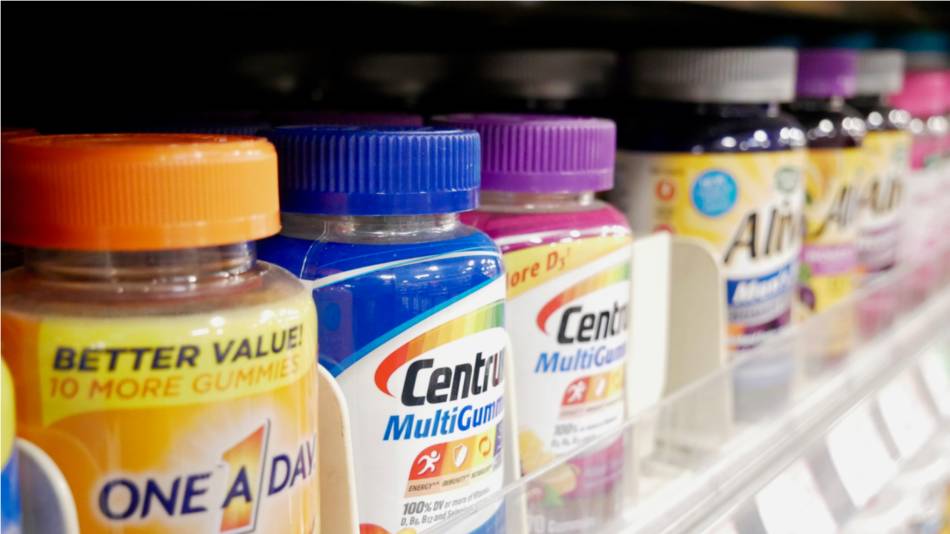Our Members Asked:
Are people with kidney disease at risk of getting too much potassium if they take a multivitamin? Which multivitamins are best for people with kidney disease?

Answer:
Because the kidneys play a key role in removing excess potassium from the blood, people with chronic kidney disease may be at increased risk for getting too much potassium, resulting in excessive levels in the blood. The level of risk depends on certain factors such as the severity of kidney disease, other comorbidities, and the use of medications that affect potassium levels (such as diuretics, angiotensin receptor blockers [ARBs], and angiotensin-converting enzyme inhibitors [ACEIs]) (Dietary Reference Intakes, National Academies Press 2019).
Some patients with chronic kidney disease may be advised by their doctor to restrict their intake of potassium-rich foods, but multivitamins are unlikely to contribute significantly to potassium intake. The reason is that most multivitamins do not provide large amounts of potassium, since most people are not deficient in potassium and it's a mineral that is easily obtained from many types of food.
Nevertheless, if you're interested finding a multivitamin that does not contribute to potassium intake, see the "Magnesium / Potassium" column in the Results Table of our Multivitamin Review and choose a product with no potassium from among the multivitamins listed as Approved. If you have severe or advanced chronic kidney disease, you may also have trouble regulating magnesium levels and may need to avoid supplements with magnesium. Discuss your supplementation needs with your doctor.
Be careful to avoid "lite" salts and salt substitutes and coconut water if you are trying to avoid potassium, as these product can lead to excessive potassium intake.
Join today to unlock all member benefits including full access to all CL Answers and over 1,400 reviews.
Join NowAlready a member? Sign In Here.
Join now at www.consumerlab.com/join/













Submit your comment
This feature is restricted to active members.
Join now to add comments and get all member benefits, including over 1,400 reviews.
Join NowAlready a member? Sign in here.